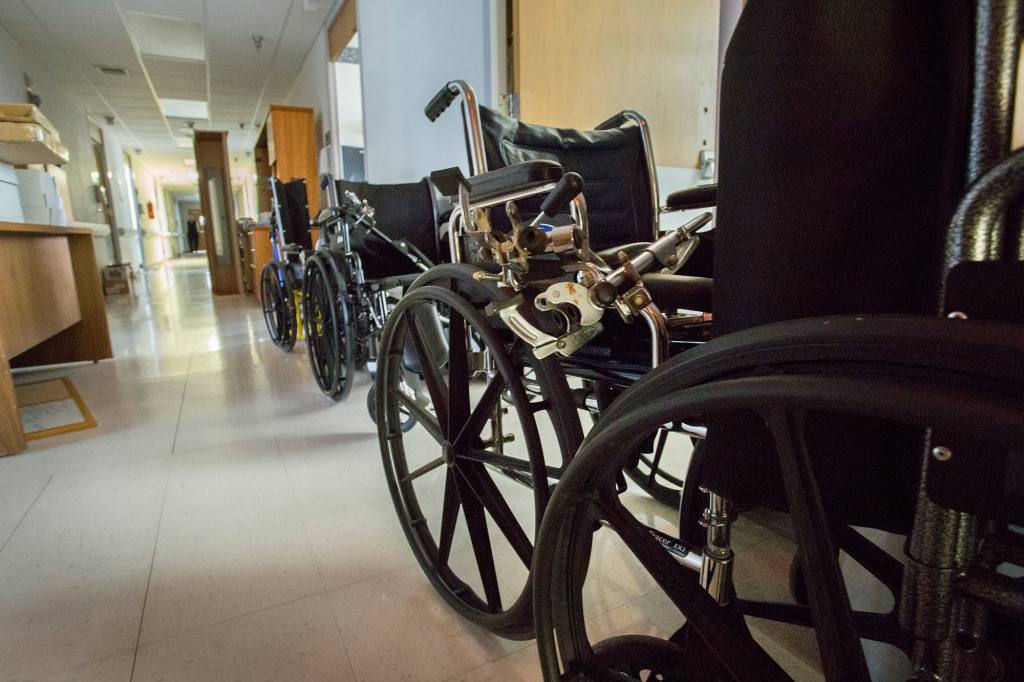Navigating the Admissions Process for Florida Nursing Homes

Moving a loved one into a nursing home is a significant and emotional decision for families. The process can often feel overwhelming, particularly when trying to navigate the intricate admissions requirements. Florida has specific regulations and guidelines for nursing home admissions, and being well-prepared can ease the transition for both you and your loved one. Here is a step-by-step guide to help you through this critical process, ensuring that the care provided meets your expectations and needs.
Assessing Care Needs and Eligibility
Before beginning the admissions process, it’s important to assess the level of care your loved one requires. Nursing homes in Florida offer a range of services, from assistance with daily living activities to skilled medical care for more complex health conditions. Consult with healthcare professionals, such as your loved one’s primary care physician, to determine whether a nursing home is the best option. Consider factors like mobility, cognitive function, and medical needs when evaluating the right level of care.
In Florida, Medicaid also plays a significant role in nursing home admissions. To be eligible for Medicaid coverage, your loved one must meet both medical and financial criteria. The state has established guidelines regarding income and assets, so it’s essential to assess your loved one’s financial situation to determine whether they qualify for assistance. Websites that specialize in elder care offer various tools and calculators to help you navigate this step and ensure your loved one’s financial stability while transitioning to nursing home care.
Choosing the Right Facility
Once care needs and eligibility are established, the next step is finding a nursing home that fits your loved one’s specific requirements. Florida has hundreds of facilities across the state, each with its own strengths, specialties, and drawbacks. Begin by making a list of nursing homes in the area, considering factors like proximity to family, specialized care options, and overall reputation. A good starting point is the Florida Health Care Association, which provides resources and recommendations on various nursing homes in the state.

It’s also vital to visit several facilities in person. During your visits, take note of cleanliness, staff interaction with residents, and overall atmosphere. Ask questions about staffing ratios, daily activities, and how the facility handles medical emergencies. Make sure to review the nursing home’s state inspection reports, which can give you a clear picture of any potential issues related to patient care and safety.
Another aspect to consider is whether the nursing home accepts Medicare and Medicaid. If your loved one will be relying on these programs for payment, ensure that the facility you choose is certified to receive them. This will ensure continuity of care without the financial strain that can come from paying out of pocket.
Preparing Documentation and Application Forms
Once you’ve chosen the nursing home, the next step is gathering and preparing the necessary documentation. Florida nursing homes have specific requirements for admission, which typically include medical records, proof of insurance, financial statements, and legal documents like power of attorney. Having these documents ready will help streamline the admissions process and ensure your loved one can move into the facility without delay.
Most nursing homes will require a pre-admission assessment, which evaluates your loved one’s health and care needs. This assessment is usually performed by a registered nurse or other healthcare professional employed by the nursing home. Be prepared to provide a detailed medical history, including current medications, diagnoses, and treatment plans. In some cases, the nursing home may also request documentation of immunizations or recent health screenings.
Additionally, it’s crucial to have legal and financial documents in order. A durable power of attorney allows someone to make decisions on behalf of your loved one if they become incapacitated. This can include medical, financial, and legal decisions. If your loved one is applying for Medicaid, you will also need to provide financial records, including bank statements, proof of income, and asset information. Working with a lawyer specializing in elder law can help you ensure all documentation is properly prepared and submitted.
Finalizing the Admission and Moving In
After completing the application process, the final steps involve finalizing the admission and preparing your loved one for the move. The nursing home will typically conduct an admission interview or orientation, during which you and your loved one will meet with the care team. This is an opportunity to review the care plan, discuss any concerns, and set expectations for daily routines and medical care. Make sure to ask about any remaining paperwork, such as signing the admissions agreement, which outlines the facility’s policies, costs, and services provided.
Preparing your loved one emotionally and mentally for the move is just as important as the logistical aspects. Moving into a nursing home can be a significant change, and providing reassurance and support can ease the transition. Bringing personal items from home, like photos, favorite blankets, or mementos, can help your loved one feel more comfortable in their new environment.
Once your loved one has moved in, make a point to visit regularly and stay involved in their care. Regular communication with staff will ensure your loved one is receiving the care and attention they need, and it will also help you catch any potential issues early on. Maintaining an active role in your loved one’s life, even while they are in a nursing home, is critical to ensuring their long-term well-being and happiness.
Conclusion
Navigating the admissions process for Florida nursing homes can seem overwhelming, but understanding the steps involved will make the process smoother and less stressful. By assessing care needs, choosing the right facility, preparing documentation, and finalizing admission thoughtfully, you can ensure your loved one receives the high-quality care they deserve. Websites dedicated to elder care are valuable resources throughout this process, offering guidance, support, and the tools you need to make informed decisions. Ultimately, taking the time to plan and prepare will make the transition into a nursing home a positive experience for both you and your loved one.









